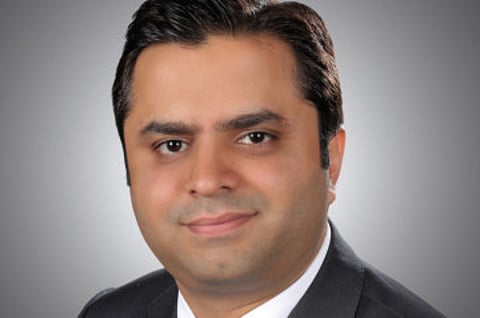Estate planning for women
Things to consider when women invest in UAE property

Wherever in the world, there are women who have apprehensions when it comes to venturing into asset acquisition. It gets even more confusing when talking about managing assets and planning the distribution of estate. The UAE has always been a country of fairness and logic when it comes to the implementation of its laws and policies. Here, everything applies fairly irrespective of gender, religion and nationality. When it comes to estate planning, women are always given the option to either plan by the default policies or have their will drafted according to their own preference of existing guidelines or rules.
The benefits and importance of wills are not gender-specific. Wills have the power to allow your estate distributed according to your plan. Whether married or single, women who have drafted and registered a will can have peace of mind knowing the money or property they have worked hard for can be entrusted to those they have specified in the inheritance document.
When writing a will, never depend on anyone except legal experts. Typing centres have mushroomed all over the country, offering a will template that might not be suited to individual requirements. It is advisable, across all genders and nationality, to draft a will as per legal recommendations that uphold personal preferences.
Once the will is done, then it should be registered with the designated department in the UAE.
Married or single?
A woman should understand that her rights will be provided at all times regardless of her status. However, one should also know that women’s rights differ in the following situations:
Muslim woman who is married to a Muslim spouse. This situation clearly indicates that Sharia law is applicable in terms of asset distribution. This means that the parents of the woman get one-third of their daughter’s assets in case of death or other unfavourable circumstances. On the other hand, the husband is allotted one-fourth of his wife’s assets.
Muslim woman with children. All assets of the woman do not automatically go to her children as per common knowledge. Sharia law indicates that her parents can also get a share from all existing investments. Children can only acquire the designated assets from their mother once they reach the legal age of 21. The mother should assign a legal guardian early on who will oversee and guide her children until the time they become legal heirs to her assets.
Non-Muslim single or married woman. Regardless of your status, any non-Muslim expat woman has the freedom to draft her will and decide how her estate will be handled in case of her death. Again, Sharia law does not automatically endow all assets to the children. For single women who do not have children and have not prepared a will, their assets will automatically be endowed to siblings or any family members.
Joint ownership
Joint ownership is recommended only for the purpose of managing the assets. In joint ownership, the woman is allowed to access half of the total investment, while the other half is subject to the provisions of the default law. This arrangement is beneficial in terms of business procedures where the surviving partner can still pursue the financial requirements of the running business because only the portion of the asset under the incapacitated partner’s name will be frozen for distribution under Sharia law provisions.
The laws of the land empower non-Muslim women to manage their assets according to their own preferences. Expatriate women should take this opportunity to draft their will accordingly to prevent inconveniences in terms of managing their assets in the future.



